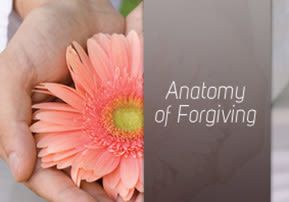
Anatomy of Forgiving
One of the big challenges in life is that our worst adversaries often turn out to be those closest to us. Only those we love the most are the ones we hate the worst…

I have a lot to be angry about.
First of all, why are so many critics making all sorts of comments about the way we live here in Israel? Can’t we just live our lives in the Holy Land in as much peace as we can muster without commentary from every  corner of the earth?
corner of the earth?
Then there is the community I live in. The place I live in is very special and very holy. Why is it that the small handfuls of people who don’t completely live up to our community standards of proper conduct are the ones that are usually in my face!
Then there are my financial gripes. Why is it that the guys who lie and cheat are the ones with the big bucks? Why is it that they get to send wrong messages to Klal Yisrael?
The toughest part about senseless hatred is that it never seems that senseless. Everything feels justified when we are playing the role of the “good guy.” Little do I realize that spiritually, I might as well be eating a pork and cheese sandwich.
We are all given these tests. One of the big challenges in life is that our worst adversaries often turn out to be those closest to us. Only those we love the most are the ones we hate the worst. The level of emotion is already there. The biggest challenge is to confront not the people, but the hatred within us.
It’s easier said than done.
How do we keep our frustrations outside ourselves when we are contending with income issues, seeing everyone but us look happy, or watching the clock tick on our lives while so much remains undone? How do we keep our frustrations where they belong? How do we steer it away from others and always channel that anger into productive energy?
By remembering these three constant truths:
Truth number one: When it comes to frustration over the things that aren’t right, everybody on earth feels this way at one point or another. There is not one person that isn’t frustrated, mad, or even overcome with rage about the things that are not right in his world or the world at large. If we had absolutely no feelings that there is something which needs to be done to improve things, then we should worry. The feeling of frustration is okay, the key is to channel it.
We learn in Ethics of the Fathers that Where there are no leaders, strive to be a leader (ch 2, posuk 5). It doesn’t imply that we need to run for Prime Minister. It’s telling us that where we see nobody displaying a certain character trait – we must strive to develop it and serve as an example.
Instead of joining the chorus, we can be the one who parades his problems as a G-d given catalyst for greater things. Once we acknowledge that everybody has something he can choose to complain about, we can take the first step forward by accepting the “imperfections” in life with gratitude and joy. This type of positive behavior is not only inspiring, it is addicting.
Truth number two: Whether or not a person has really wronged us, we have to forgive them.
There is always “someone else” who we see at the source of our problems. Forgiveness is not just about releasing the person who we believe has wronged us, It’s about releasing ourselves from the anger which constrains us. The crimes committed against us may or may not be real, but the resentment definitely is. Forgiveness is for us as much as it is for them.
We can devote a portion of our daily personal prayers telling Hashem that we forgive everyone who we believe has wronged us. We can forgive the guy who gave us a dirty look. We can forgive the person who shortchanged or overcharged us. We can forgive the “Israeli government,” “The United Nations,” “Wall Street.”
Everything that comes our way comes from Hashem. We know that there are no independent actions which hurt us. It is all designed by Hashem for our ultimate good.
If we forgive everyone every day we can get rid of the anger once and for all.
We already do this. The Sages decreed that in the first paragraph of the bedtime Shema, we pray to G-d as follows (courtesy of Artscroll):
Master of the Universe, I hereby forgive anyone who angered or antagonized me or who sinned against me – whether against my body, my property, my honor or against anything of mine; whether he did so accidentally, willfully, carelessly, or purposely; whether through speech, deed, thought, or notion; whether in this transmigration or another transmigration – I forgive every Jew. May no man be punished because of me.
It is so important to do this we are directed to even forgive those Jews who sinned against us in past lives!
Truth number three: forgiveness is not a favor to someone else, it is a Divine Commandment. The Commandments not to hate our brother in our heart, and to love our neighbor are just as incumbent upon us as keeping Kosher and Guarding the Shabbat.
Those mitzvot we don’t do in this life we will regret in the next. Those opportunities to serve Hashem we take advantage of while we still have the free choice to are written in a book. They grant us everlasting life in this world, and in the Next World.
Like charity, it is really the giver who is benefited by the recipient of the kindness, and not vice versa.
Who are we really forgiving?
On the surface, we are forgiving those who have wronged us. But nobody really wronged us. Hashem made a decree that we have to endure a specific tribulation at a certain time and He commissioned a particular agent to carry out His decree. What reason do we have to be angry at the middle man? Shouldn’t we be angry at the Source?
G-d doesn’t make mistakes. He does nothing that needs forgiveness. How can we forgive He Who is perfect? How can we forgive He Who gives us life, and love, and sustenance every moment of our existence? What about all of the times we sinned and He forgave us? What about all the times we sinned and never asked for forgiveness – yet He still continued to breathe life into our lungs?
How do resolve the conflict of not having to forgive He Who needs no forgiveness with our need to forgive someone for the difficult things that happen to us?
We forgive His children.
The best way to show gratitude to Hashem for all He does for us, and acknowledgment that both the good and the supposed bad are all Holy is by forgiving all of His Creations with the Love and Compassion that He forgives us.
Once we realize that there is a purpose to all of it, we reach a point where there is no need to be angry. We recognize that there is no need to hate. G-d Willing, we will get to that place where forgiveness will be replaced with understanding.
May it come soon.
* * *
Dovber Halevi is the author of the financial book, How to Survive the Coming Decade of Anxiety. He writes for Breslev Israel and The Middle East Magazine. He lives with his wife and two children in Eretz Yisrael.



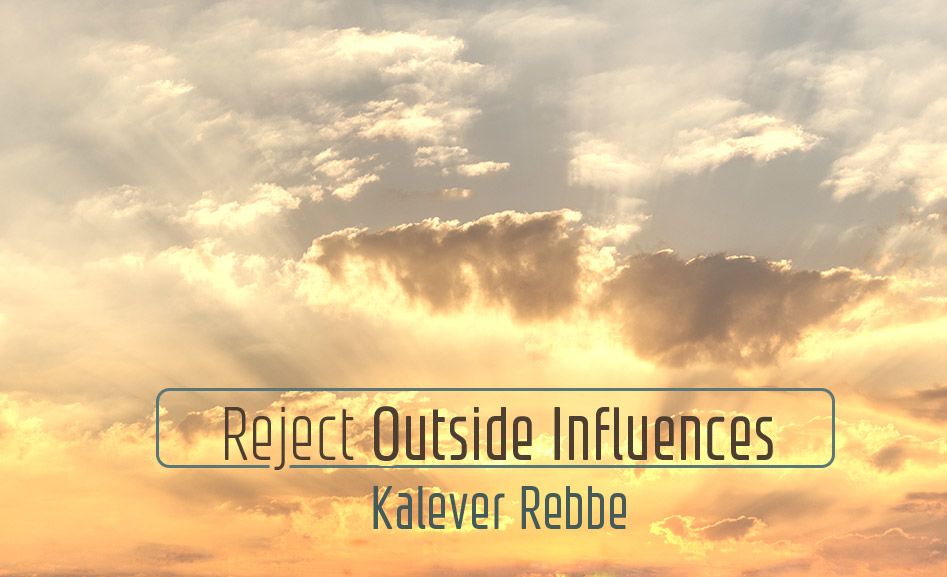
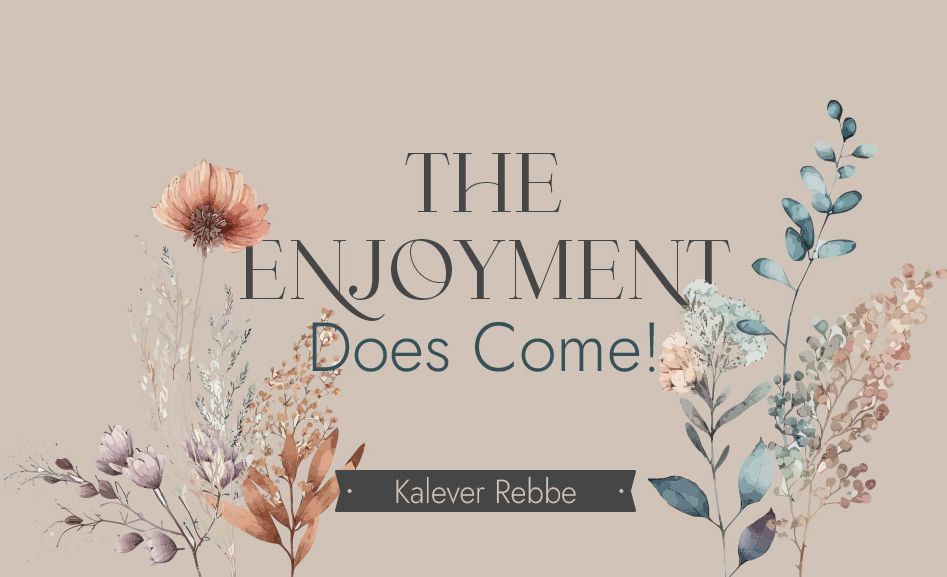
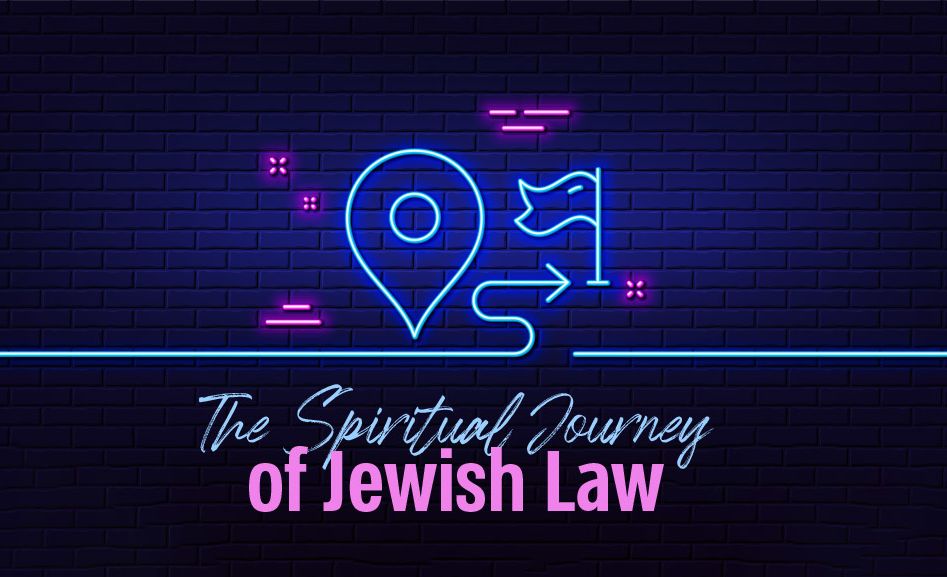

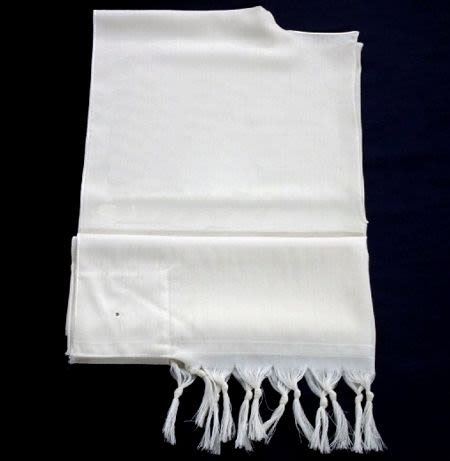


Tell us what you think!
Thank you for your comment!
It will be published after approval by the Editor.